The Field Brought to the Classroom
The very best educational experience for students occurs when faculty bring their own research topics and projects into the classroom where the readings in course texts and other materials come to life. In the Department of Anthropology and Geography, students are likely to get the chance to learn about the research interests of their instructors and how these interests matter to the field.
From Ghana to New Orleans, from Mongolia to Kenya, from Honduras to Chile, from the French Caribbean to French West Africa, from Kazakhstan to Tanzania, and from India to Vietnam to Benin, we do first hand research on 5 continents and we bring that firsthand knowledge back to Colorado State University in Fort Collins, Colorado, and right into the classroom. What other discipline offers this kind of up-close interior view of the world?
It is part of our collective philosophy as a faculty to train students to realize that the original work of our professional anthropologists and geographers that happens outside the classroom is vitally related to what happens inside the classroom.
STUDENT RESEARCH GOES PUBLIC
Sometimes, we organize our classes to take on research or public scholarship projects that become sources of publications and new knowledge aimed at the public.
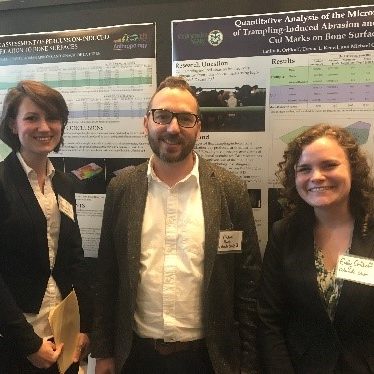
Dr. Michael Pante’s Quantifying Anthropology and Zooarchaeology courses teach students to conduct research that they present at professional conferences.
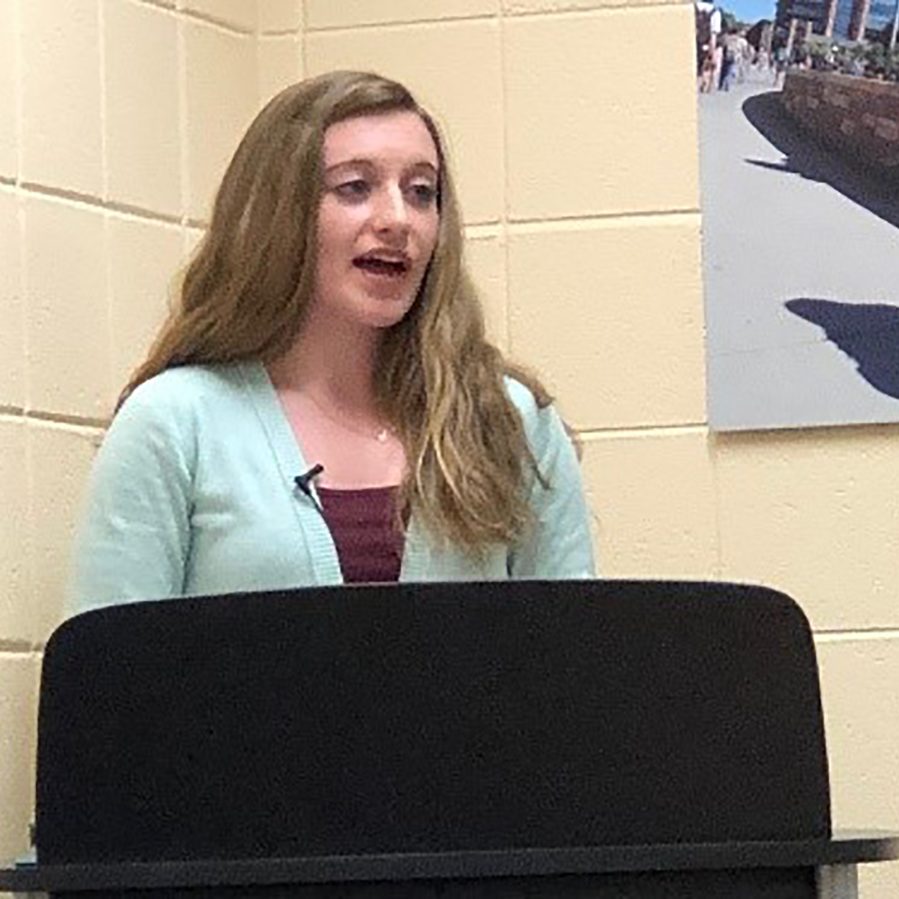
Dr. Kate Browne taught her students in Public Anthropology of Global Environmental Challenges how to submit op-ed pieces for major daily papers, resulting in published opinion pieces that reached more than a million readers.
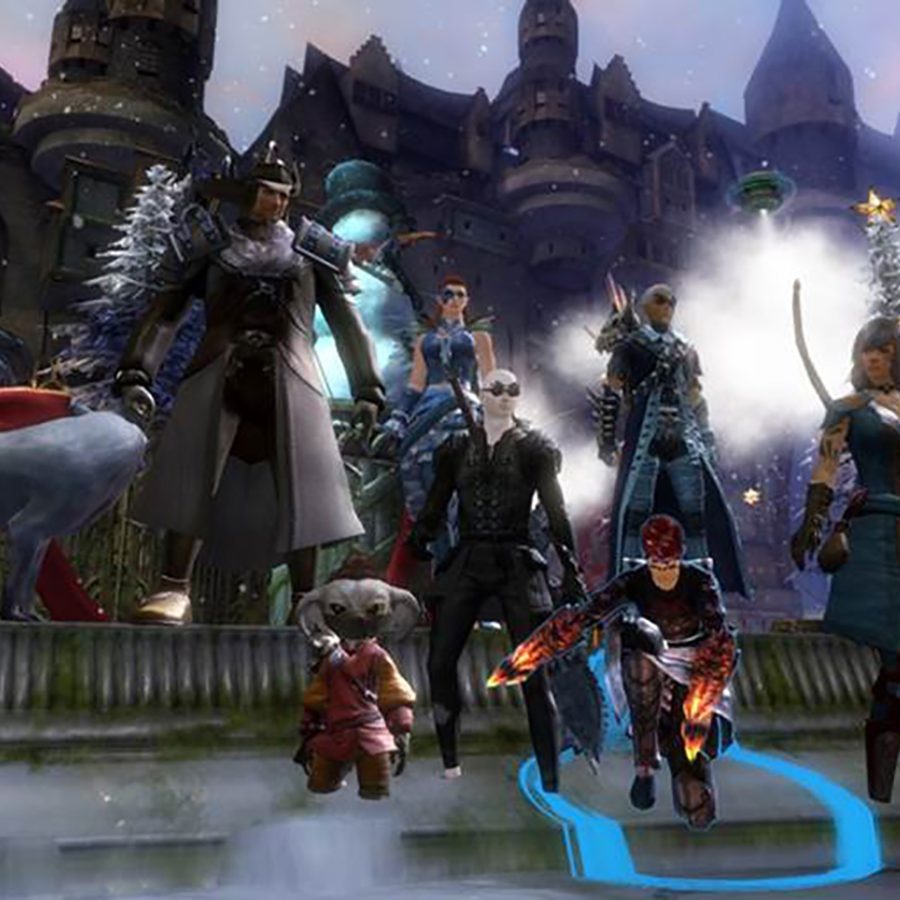
Dr. Jeff Snodgrass’ virtual worlds methods class has conducted research that results in published papers and presentations at conferences.
We have a variety of opportunities for students to assist with research and to develop practical skills such as GIS, artifact curation, geoarchaeological analyses, aerial and terrestrial remote sensing methods, and report writing. Internships, Practicums, and Independent Studies are available to students with a solid academic record with a minimum 2.9 GPA and a demonstrated commitment to their education. Anthropology and Geography professors maintain 15 Labs and Centers for their research that are available to our undergraduate students interested in the opportunities mentioned above.
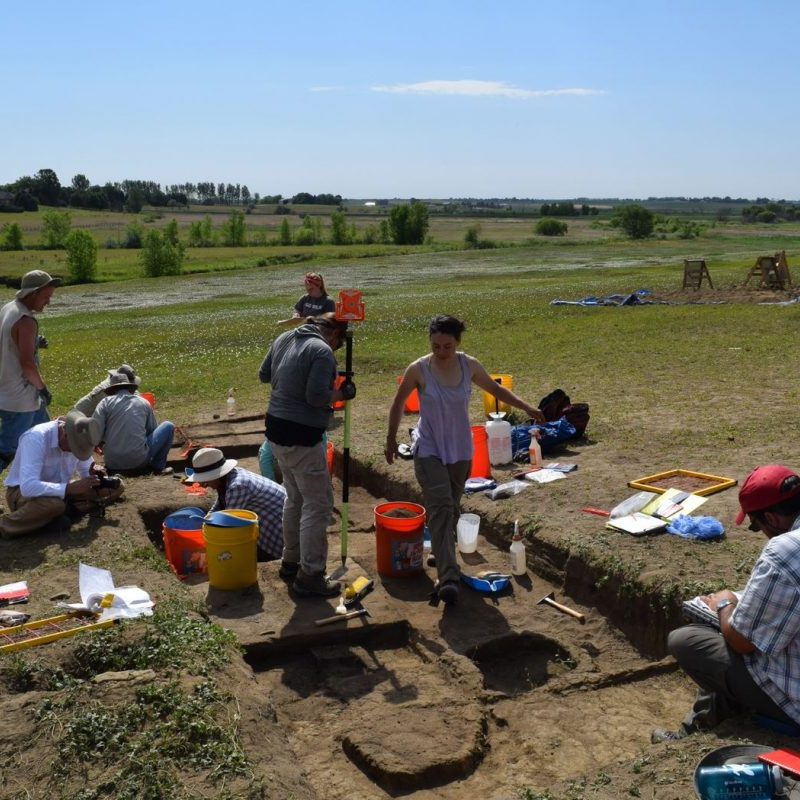
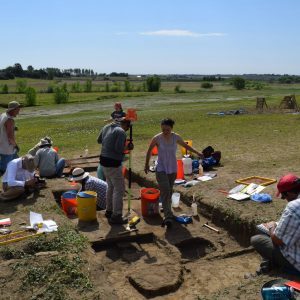
GET EXPERIENCE IN THE FIELD
These are just some of the examples of our commitment to understanding the power and relevance of keeping research connected to student experiences in the classroom. In addition to the research conducted in our regular course curriculum, we offer three summer field schools related to our three anthropological areas of focus: